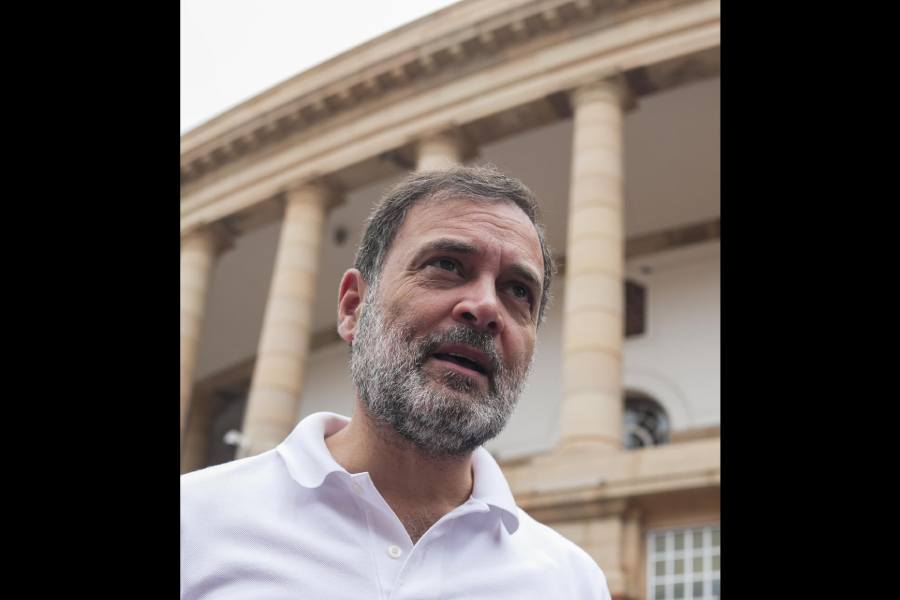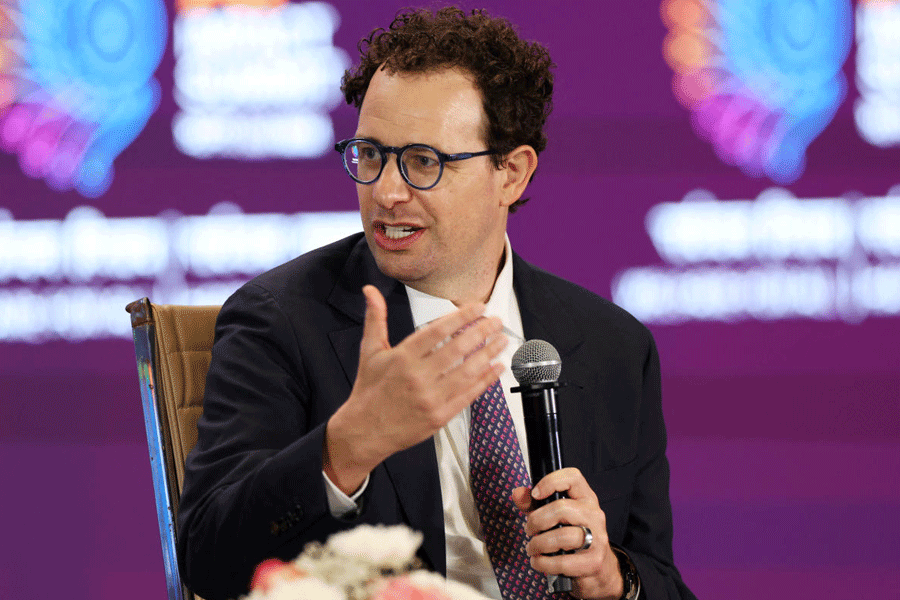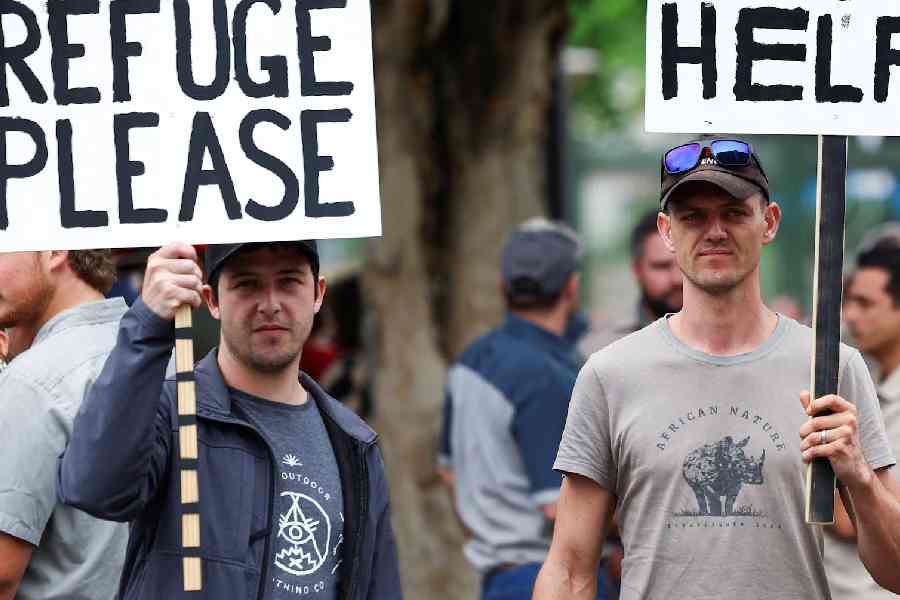The Supreme Court on Monday excoriated Rahul Gandhi for his remark that China had occupied 2,000sqkm of Indian territory as it orally observed that he would not be saying such a thing “if you are a true Indian”.
The apex court said Rahul should have ideally raised the issue in Parliament as the leader of the Opposition in the Lok Sabha instead of using social media platforms to air his views.
“How do you know that 2,000sqkm of property in India was occupied by the Chinese? Do you have any evidence? Were you there at that time or do you have any credible evidence? If you are a true Indian, you wouldn’t be saying such a thing,” a bench of Justices Dipankar Datta and Augustine George Masih told senior advocate Abhishek Manu Singhvi, appearing for Rahul.
The bench was dealing with an appeal filed by the Congress leader challenging Allahabad High Court’s May 29 judgment refusing to quash a defamation case filed against him for the remark he had made during his Bharat Jodo Yatra in December 2022.
The case was filed by Uday Shankar Srivastava, a former director of the Border Roads Organisation (BRO), before a trial court in Lucknow.
Srivastava had alleged that Rahul’s allegations that China was squatting on 2,000sqkm of Indian territory during the Galwan Valley clash had defamed the India Army.
The complainant had claimed that Rahul had made derogatory remarks against the army by saying that Indian soldiers were beaten up by Chinese troops.
“Whatever you have to say, why don’t you say it in Parliament? Why do you have to say it in social media posts?” Justice Datta, heading the bench, asked Singhvi.
“It is also possible that a true Indian will say that our 20 Indian soldiers were beaten up and killed and the incident is a matter of concern,” he added.
Singhvi submitted that Rahul was entitled to ask the government such questions as nobody else had come forward to do so.
“If he can’t say those things, then he can’t be the leader of the Opposition. Such innocuous statements cannot be criminalised,” Singhvi said.
“Say it in Parliament, why do you have to say it on social media?” the bench remarked.
Singhvi argued that the complainant’s petition was an abuse of the process of law and was aimed at harassing and silencing Rahul.
Singhvi referred to Section 223 of the Bharatiya Nagarik Suraksha Sanhita and said a prior hearing of the accused was mandatory before the court took cognisance of a criminal complaint, which was not done in the present case.
The apex court said Rahul should have taken up the matter in the high court. But Singhvi argued that the issue was not raised in the high court and, instead, the locus standi of the complainant was lodged.
The top court issued notice to the complainant on Rahul’s plea, seeking a response within three weeks, and stayed the proceedings in the Lucknow trial court.
Senior advocate Gaurav Bhatia, appearing for the complainant on caveat, objected to the stay on the proceedings, but the bench told him that it would examine his arguments at the next hearing scheduled after four weeks.
On May 29, the high court had rejected Rahul’s plea challenging the defamation case as well as the summoning order passed in February by the MP-MLA court in Lucknow.
Rahul’s advocate Pranshu Agarwal had argued that the allegations appeared to be fabricated just by reading the complaint. He had also submitted that Rahul was
not a resident of Lucknow and the subordinate court should have investigated the veracity of the allegations before summoning him.










